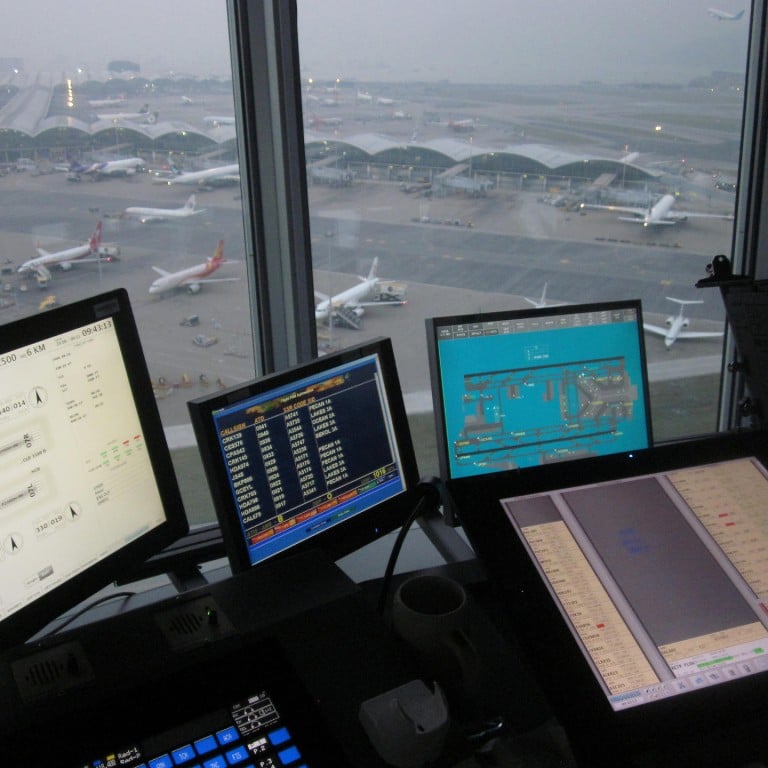
After a string of blunders and mismanagement, Hong Kong's Civil Aviation Department must show it can do a better job
Hong Kong's modern international airport, complete with dedicated infrastructure, may be the envy of many other transport hubs, but the government needs to snap a run of embarrassing blunders and mismanagement.
Hong Kong's modern international airport, complete with dedicated infrastructure, may be the envy of many other transport hubs, but the government needs to snap a run of embarrassing blunders and mismanagement. In the latest example, Chief Secretary Carrie Lam Cheng Yuet-ngor has unequivocally reassured lawmakers that a HK$575 million air-traffic control system bought three years ago to replace an outdated one would not be implemented while doubts remain over its safety and reliability. This capped an awful year, beginning in February when a Legco panel condemned Norman Lo Shung-man, the director general of civil aviation, for spending more than HK$67 million on extra security, electronics, space for expansion and staff amenities for his department's new headquarters without prior approval. In June, the same official was criticised over repeated changes to the flight-radar tender, partly blamed for delays and cost overruns.
Last week, temporary closure of the only road and rail link to the airport for a safety check on a bridge cut the airport off from the city for two chaotic hours.
But the most serious administrative and management issue, and potentially the most dangerous because it goes to the heart of aircraft safety, remains the air-traffic control fiasco. In test runs last year and in July respectively, the new system lost track of aircraft for 10 seconds and failed to respond to input.
Lam accepted lawmakers' criticism of the department's control services and wisely focused on damage control, vowing the new system would not go into operation until proven reliable, and then only after independent advice from an overseas consultant. She also said the government was considering expanding the department to help cope with growth of the airport and aviation, with extra funding for more senior management posts rather than expansion of frontline resources. We trust that this also improves performance. The department needs to do a better job.

